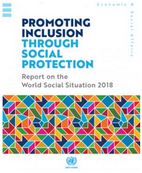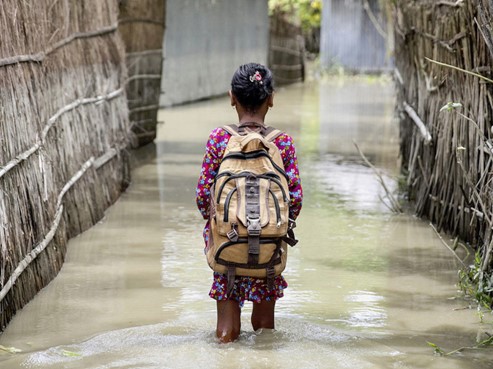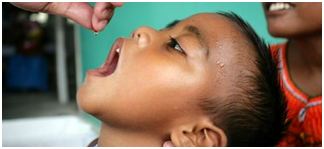Promoting Inclusion Through Social Protection – World Social Situation 2018 Report – Gender
Извор: WUNRN – 21.10.2018

Universal social protection is a potent development policy tool that can alleviate poverty, inequality and social exclusion. Few countries have been able to reduce poverty and improve living conditions on a broad scale without comprehensive social protection systems in place.
The international community’s consensus on the importance of social protection has been reinforced with the adoption of the 2030 Agenda for Sustainable Development. Target 1.3 of the Sustainable Development Goals stresses the role of social protection in ending poverty in all its forms, as it seeks the implementation of “nationally appropriate social protection measures and systems for all, including floors”. By 2030, the goal is no less than “substantial coverage of the poor and the vulnerable”.
Promoting Inclusion Through Social Protection
In order to promote inclusion, social protection systems must be sensitive to the needs of those population groups that are at highest risk of poverty: children, youth, older persons, persons with disabilities, international migrants, ethnic and racial minorities, and indigenous peoples.
The Report on the World Social Situation 2018 shows that each of these groups faces particular barriers to social protection coverage. It contends that inclusive social protection systems must guarantee access to a minimum set of tax-financed schemes. It explains why universal schemes are better at reaching disadvantaged groups than schemes targeted at them and considers how social protection programmes should be implemented in order to avoid excluding people in need.
Executive Summary – 9 Pages – https://www.un.org/development/desa/dspd/wp-content/uploads/sites/22/2018/07/rwss2018-executive-summary.pdf


